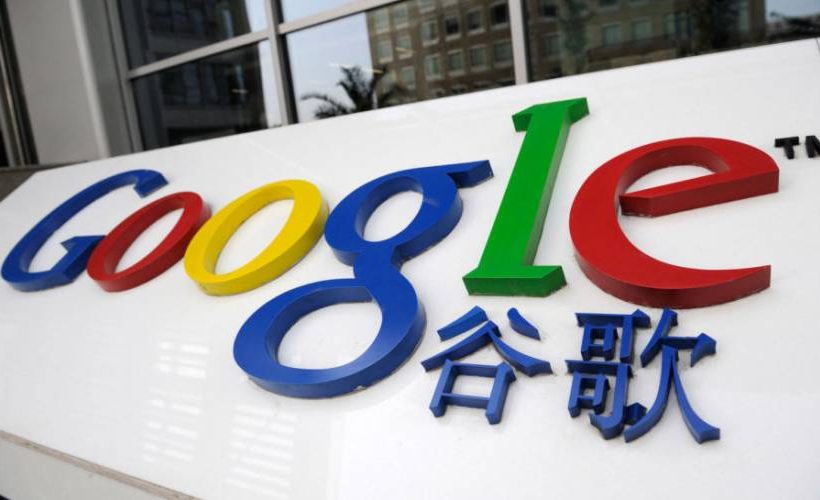Google’s China project
August 2, 2018 | Expert Insights

Google is reportedly planning to launch a censored version of its search engine in China, raising questions about its cooperation with a country that suppresses free speech.
Background
Google China is a subsidiary of Google. Once a popular search engine, most services offered by Google China were blocked by the Great Firewall in the People's Republic of China. In 2010, searching via all Google search sites, including Google Mobile, were moved from mainland China to Hong Kong.By November 2013 its search market share had declined to 1.7% from its August 2009 level of 36.2%.On 1 August 2016, Google China moved its headquarters from Tsinghua Science Park to Rongke Information Center.
Google China serves a market of mainland Chinese Internet users that was estimated in July 2009 to number 338 million, up from 45.8 million in June 2002.A China Internet Network Information Center (CNNIC) report published in 2001, had estimated the mainland Chinese Internet user base at 22.5 million, considerably higher than the number published by Iamasia, a private Internet ratings company.The first CNNIC report estimated the number of Chinese Internet users at fewer than 650 thousand people.
Internet censorship in China is among the most extensive in the world due to a wide variety of laws and administrative regulations. More than sixty Internet regulations have been created by the government of China, which have been implemented by provincial branches of state-owned ISPs, companies, and organizations.Amnesty International notes that China "has the largest recorded number of imprisoned journalists and cyber-dissidents in the world." Paris-based Reporters Without Borders stated in 2010 and 2012 that "China is the world's biggest prison for netizens.
Analysis
According to a report by the Intercept’s Ryan Gallagher on Wednesday, Google will “blacklist sensitive queries” and filter out websites blocked by the Chinese government. Search terms about sensitive subjects such as human rights, democracy, religion, and peaceful protest will be among those blocked.
Google is currently blocked in the country, along with other media giants like Facebook, the New York Times, and YouTube.
Internal documents leaked to the Intercept reportedly show that Google started working on the project in 2017 under the codename “Dragonfly” and that the company is planning for it to be released as a mobile app on Android. Although there is no set release date, it could be launched in the next six to nine months if it’s approved by Chinese officials, according to the report.
The China relaunch raises questions about Google’s corporate ethics given the Chinese government’s long history of manipulating social media and internet searches to suppress free speech.
“This has very serious implications not just for China, but for all of us, for freedom of information and internet freedom,” Patrick Poon, an Amnesty International researcher based in Hong Kong, told the Intercept. “It will set a terrible precedent for many other companies who are still trying to do business in China while maintaining the principles of not succumbing to China’s censorship.”
However, the reason why China is allowing Google to re launch its search engine remains unknown. Google released a mobile management app in China in January, and in 2017, the company built a new AI research lab in Beijing.A Google spokesperson said, “We provide a number of mobile apps in China, such as Google Translate and Files Go, help Chinese developers, and have made significant investments in Chinese companies like JD.com. But we don’t comment on speculation about future plans.”
Amid US-China trade war tensions, the state reportedly told Chinese media outlets earlier this month not to “over-report” the trade war, which has left lasting damage on the Chinese stock market.
The Chinese government has long controlled the media and tried to shut down free speech with its censorship.
Counterpoint
Some Googlers have posted missives of support for the project on internal message boards. “Google’s mission of organizing the world’s information shouldn’t leave out a fifth of the planet”, one person wrote in a post. Another said that boycotting the country did little to change the Chinese government or "bring any positive change."
Assessment
Our assessment is that Google’s project in China raises serious questions about the tech company’s corporate ethics. We feel that Google’s new censored version relaunch seems to indicate that Google is in support of Chinese crackdown of free speech. We believe that Google’s initiative in China will not bring any positive changes in the country’s censorship issue but will put a dent on its public opinion and even lead to Googlers and other free speech campaigners protesting.








Comments